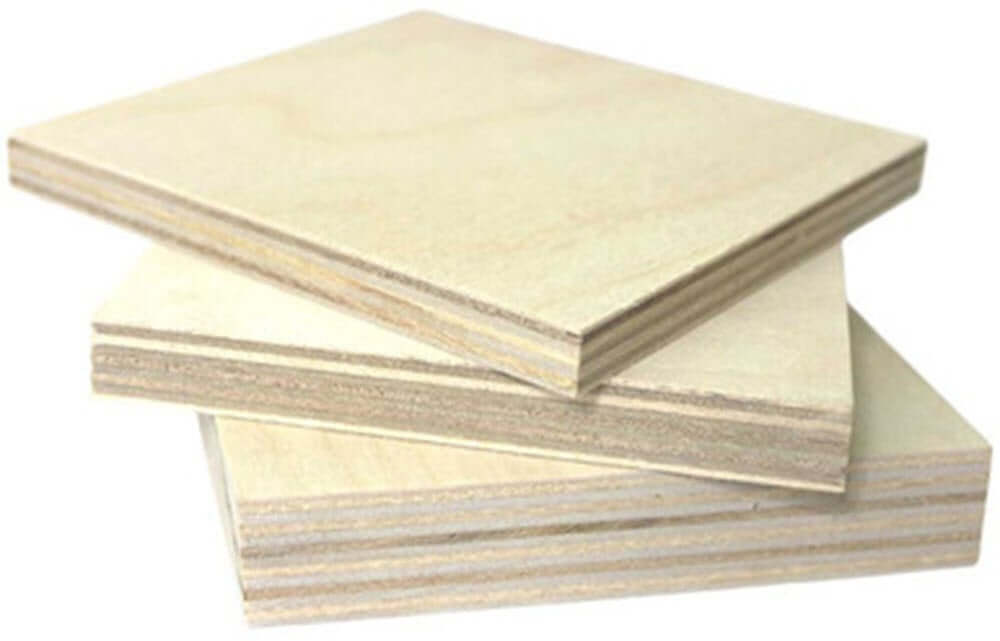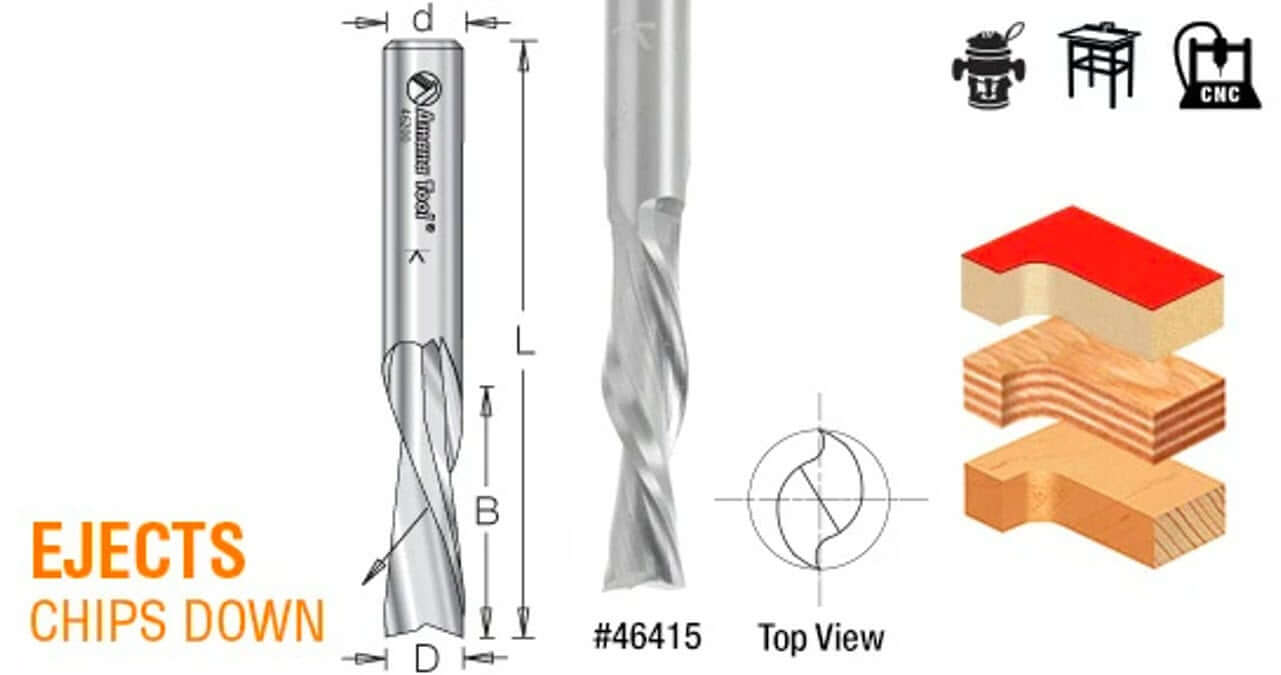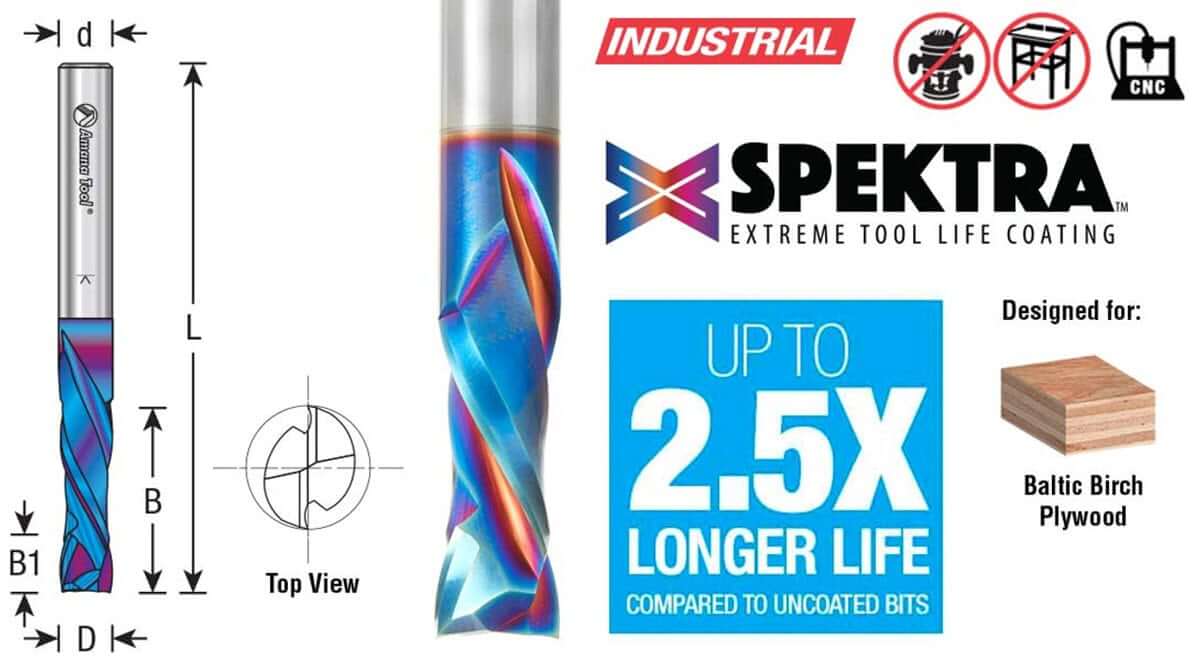Évitez les déchirures du contreplaqué : conseils professionnels pour des découpes nettes et des bords nets

Plywood is strong and stable – but the chip face dandruff and alternating grains make it vulnerable to tears. Use these installed techniques to get the shows of the showroom with routers, saws and CNC.
: Root { – -fg: #111; -“- #555; -BG: #FFF;-Line: #e5E7beb; -note: #065f46;-Varne: #92400E;} Article {COLOR: Var (-FG); Background: Var (-BG); Font: 16px/1.6 System-UI, -Apple-Cystem, SEGE UI, Roboto, Helvetica, Arial, “Apple Color Emoji”, “Sege Ui Emoji”; 1.25re;}. #Ecff5; 1. .
Why the plywood tear and how to overcome it
The plywood is a geometric plate built of the delicate cortex that was attached to the grain directions of 90 degrees alternately. This cross structure is great for stability and strength-but it also means that the cutter always works avec Pills on one layer and against Next. Add thin face shell and hard glue lines, and you have materials that are not contacted.
 Toolstoday plywood in Baltic provides a thickness of 1/8" To 3/4"
Toolstoday plywood in Baltic provides a thickness of 1/8" To 3/4"What is exactly plywood?
The plywood consists of 3-13+ of the shell of woody wood with adhesive materials. A grain of all chips is vertically directed to its neighbors for strength and stability. Facial dandruff is cosmetic and thin. The inner layers bear most of the structure and may vary in quality depending on the row.
Take fast:
- Pros: Strong, stable and cost -effective panels
- cons: Thin facial shell, alternating grains, glue lines → The risk of tears
Why plywood is vulnerable to tears
- Grain alternately: Each pass strikes the final pills on some layer, pushing the fibers up and out.
- Thin paper faces: Small chips = destroyed surface; There is no substance for sand away.
- Voids in the core: The lower degrees may have gaps to explode the cortex above.
- Glue lines: Quickly tool fashion resins; Dill partitions instead of a slice.
- Unnecessary exit: Without support, dandruff with the tool exit.
Tears: plywood versus solid wood
| factor | Bois massif | Contre-plaqué |
|---|---|---|
| Pimples | Often consistent (with transverse repercussions near the knot). | Each layer-some corridors against the grain pieces. |
| Surface | Full thickness can be planned/slight rupture/sand. | A very thin face even small chips display the nucleus. |
| Internal structure | Relatively unified. | Glue lines, potential voids, mixed layers. |
| Wear tool tool | Tiles are slower. | Adhesive materials are faster tools → More risk of chips. |
| Entry edges/exit | The defection mainly on the edge of the exit. | Both the edges of the weak entry and exit. |
 Amana Tool 46415 Solid Carbide Spiral Plung 1/4" DX 1" Height x 1/4" Shank x 2.5" Long lower -colored router parts are perfect for plywood.
Amana Tool 46415 Solid Carbide Spiral Plung 1/4" DX 1" Height x 1/4" Shank x 2.5" Long lower -colored router parts are perfect for plywood.How to avoid tears in plywood
1) Choose the right cutter
- Guidance (Mobile table/cut/CNC):Using spiral engineering and steel carbid.
- Whirlpool below: Press up the upper crust to the bottom → clean upper face; Evacuation of the mind.
- Slope up: The best clearing and bottom face chip; The upper face can fluff.
- Pressure: Carry in the edge + below the cut above → Clean both faces; Ideal for paper commodities.
- Table/track/circular saw: High teeth, Carbure Plywood blade (for example, 60-80t in 10").
- panorama: Get a plywood designer to protect the upper dandruff.
Tool note:
Carbide quality and appropriate grinding materials. Loops are the ideal lengths of the top/down are the golden standard for plywood, especially on CNC.
2) CNC specific tips
- Choose bit: The compression, its size, is softened, so that the neutral point falls inside the thickness of the paper completely.
- Stepown: Using multiple shallow passes; Finish 0.3-0.5 mm full contour cleaning.
- drop: A vacuum, tab, or onion skin (leave ~ 0.3 mm) to prevent gossip, painting and explosion.
- Tool path: Traditional traditional, Climbing ending It is often caused by the most accurate edge on the shell.
- Dust extractionKeter clean to the chips do not give up the dandruff.
 These Spektra parts are designed for plywood. An unknown secret: Spektra parts work on the routers on the table as well – the painted bit will always be cut off, for a longer period, than bit.
These Spektra parts are designed for plywood. An unknown secret: Spektra parts work on the routers on the table as well – the painted bit will always be cut off, for a longer period, than bit.3) Maintaining sharp shaving tools
- ABBRADE Edge glue lines –Rotation, sharpening or replacement Bitties and blades are more than solid wood.
- Listen/tears: more noise or pushing force often indicates a boring edge.
4) Fiber support
- Scratch On the table/Miter pamphlets eliminating gaps around the blade.
- Supporters of sacrifices Behind the pieces (router, drilling printing press, panorama) prevent splitting.
- Painter On the cut line helps to collect dandruff fibers together.
- Font record With a sharp knife before cutting into the fiber facial before opening.
5) Communication in the feeding, speed and traffic strategy
- Light completion pass: Leave ~ 0.3-0.5 mm (0.012-0.020") For a final cleaning pass.
- Avoid forcing the pieces: Very fast = cutting; Very slow = heat/burning and early tiles.
- Climbing the pieces (carefully): A very shallow climb pass can reduce the upload on the shell; Use with the work of the company and the appropriate position.
6) Directing the clean face
- Table/track saw: The best face higher (The teeth are cut down through the face).
- Hand circular saw: The best face under (Leave the teeth to the top on the upper surface).
- Steering device: Match on the face-protect the cut pieces. UP-Cut protects the bottom. The pressure protects both.
A common mistake:
Try to “repair” tears by sanding through the facial shell. no. The nucleus will reveal and make finish more difficult. Prevent it in the tool instead.
Quick review menu: the equipment that reduces tears
- Glue pressure, bottom, and higher shots (carbide).
- We reach the saw from high -teeth plywood with zero inserts.
- Painter tape, sharp benefit knife, quality return panels.
- Extract good dust to keep clean and cold pieces.
The bottom line
The plywood wants to dance because of its construction-but with sharp spiral tools, appropriate support, fodder and smart traffic, you can connect clean edges of the factory on both faces. It was prepared once, and Tearout stops being a gambling and starts to be rare.
